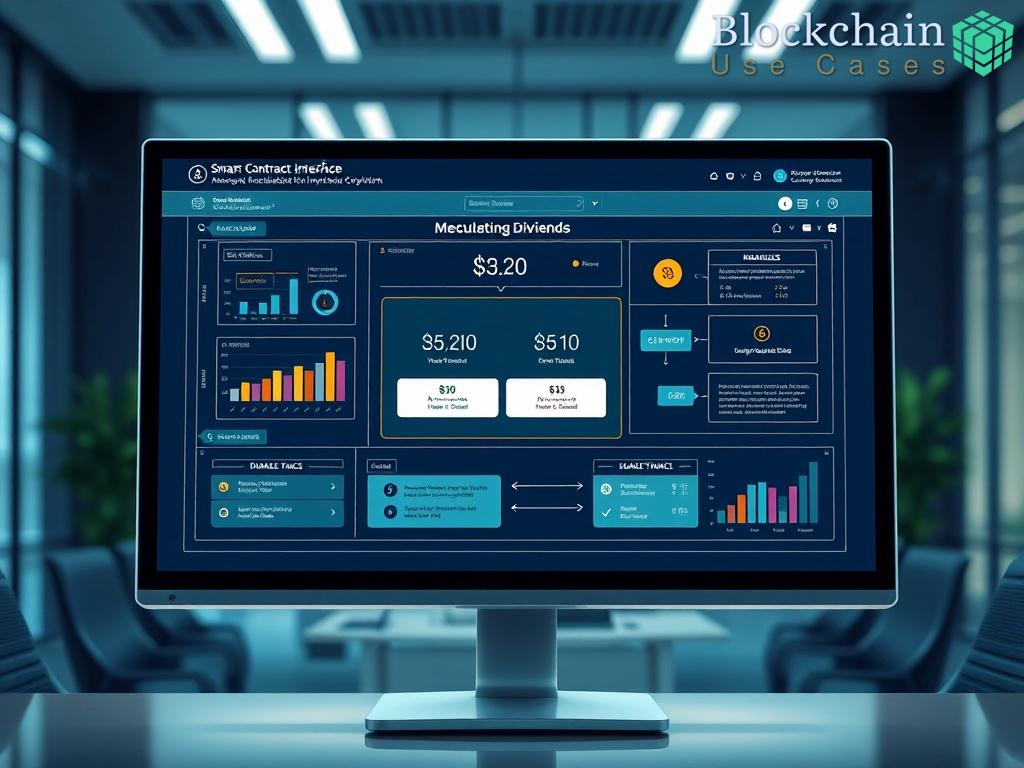Understanding the Lapsation Dilemma
Insurance policy lapsation is a prevalent issue that affects millions of policyholders each year. Policies lapse when premium payments are missed, leading to a loss of coverage and financial protection. This can result from various factors such as forgetfulness, financial constraints, or lack of awareness about payment deadlines. The traditional insurance model struggles to effectively manage these lapses, creating a significant gap that technology can bridge.
Smart contracts offer a revolutionary solution by automating policy management and ensuring timely payments, thus preventing lapsation and enhancing customer satisfaction.
How Smart Contracts Operate in Insurance
Smart contracts are self-executing contracts with the terms of the agreement directly written into code. They run on blockchain technology, which guarantees transparency, security, and immutability. When applied to insurance, smart contracts can automatically trigger actions based on predefined conditions, effectively eliminating human error and oversight.
For instance, a smart contract can be programmed to send reminders to policyholders about upcoming premium due dates. If a payment is not made, the contract can automatically initiate a grace period, allowing policyholders a chance to rectify the situation before the policy lapses. This proactive approach not only ensures compliance but also enhances the overall customer experience.
Benefits of Implementing Smart Contracts
Integrating smart contracts into insurance operations offers numerous advantages, particularly in preventing policy lapsation. Below is a list outlining these key benefits:
- Automation: Reduces manual intervention, thus minimizing errors and delays.
- Transparency: Provides clear visibility into policy terms and conditions, enhancing trust.
- Cost Efficiency: Lowers operational costs by streamlining processes and reducing the need for extensive customer service.
- Customer Engagement: Engages policyholders through automated reminders and notifications, keeping them informed.
- Data Security: Ensures that sensitive information is secure and tamper-proof through blockchain technology.
These benefits culminate in a more efficient insurance ecosystem where policyholders feel secure and informed, thereby reducing the likelihood of lapsation.


















